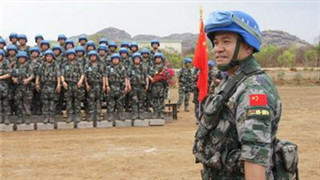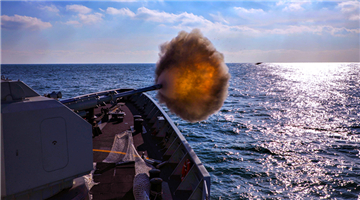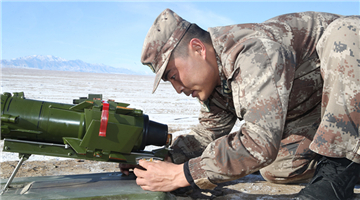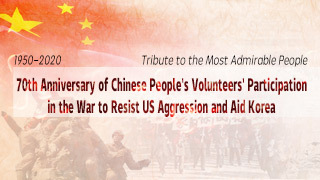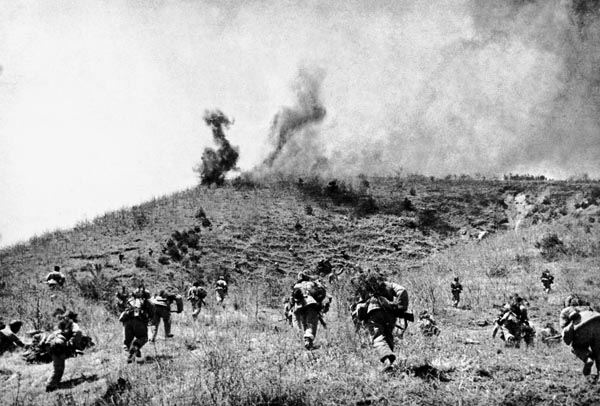
All captured Americans were handed over to the Democratic People's Republic of Korea. For the next week Adams dragged his frostbitten feet along the barren, snow-covered land toward the POW camp abutting the Korean side of the Yalu River. There were many deaths en route yet Adams was prompted to denounce the war not solely by his own suffering.
According to the biography, at one point after his capture he watched as several American fighter planes bombed a civilian Korean hut. Engulfed by fire, a woman carrying her baby ran out and crumpled on the ground, where they were burned to death, the baby's imprint still left on the mother's back. Adams and a fellow American captive looked at each other.
"We both were thinking the same thing: if the guard shoots us, well, we deserve it because we should not be here in Korea," he said many years later.
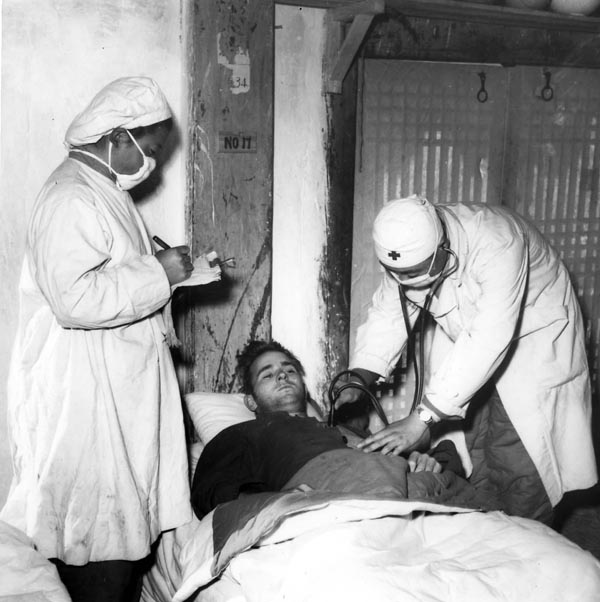
When spring came in 1951, Adams' frostbitten toes had rotted so badly that he knew something "drastic" must be done if he was not to lose the foot. Pulling out the steel arch support from his combat boot, he sharpened it and with it cut off the gangrenous toes. "I counted to 10 and cut two of them off at a time," he was quoted as saying in the book. "Actually, I counted to ten about 20 times."
Amid the rising death tolls for the POWs, the Chinese took over the camp from the DPRK and installed "the lenient policy". Hao Zhanjun was one of the interpreters brought in to communicate with the POWs.
"During the first few months, two or three POWs died in each unit every day," she said. "That's about a dozen per day. The doctors and nurses worked very hard, and the mortality rate gradually dropped."
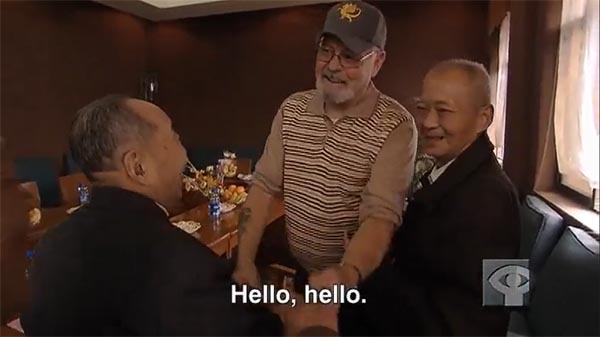
Hao's interview is part of the 2006 documentary film They Chose China, focusing on the fateful decision made by the 21 American POWs to go to China at the end of the war. Director Wang Shuibo unearthed rare video footage showing POWs of various nationalities competing in the Inter Camp Olympics, organized by the Chinese camp authority in November 1952 and in which about 500 POW athletes including Adams took part.
Meanwhile, Adams volunteered as a go-between, which allowed him to make suggestions to the camp authority on behalf of his fellow POWs. These included improving camp sanitation and adding space for sport, recreation and worship. The Chinese accepted them all, Adams said.
Adams, one of the POW signatories of the Stockholm Appeal, which called for an end to hostilities, also actively took lectures given by English-speaking Chinese camp instructors, some of whom had spent time in the US. One of their topics was world peace and another racism.
Later, to widespread belief in the US that the 21 defectors had been brainwashed by the Chinese, Adams replied, "How can it be brainwashing if someone is telling you something you already know is true?"
When the time came-the armistice agreement signed by the two sides in June 1953 gave all prisoners the right to choose where they wanted to be repatriated-Adams, who was repeatedly threatened and openly called "nigger" by some white POWs at the camp, chose China, and thus became one of the three black American POWs to do so.
"None of the 21 was political, with the possible exception of James Veneris, whose parents had been Communists in their native Greece," he said.
The stories-the pain, frustration and inner struggle felt by the man both at home and 11,000 kilometers from it-trickled down to Della Adams over many evenings and many more bottles of Old Grand Dad whiskey. "I was interested in why he went to China and why he came back, decisions that ultimately impacted my life," she said.
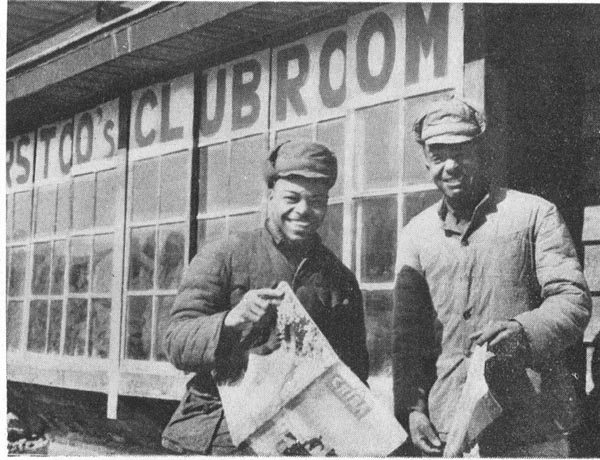
In the wee hours of Feb 24, 1954, the Americans crossed into China on a train. In line with their own wishes, some were sent to factories, some to rural villages and others, including Adams, to universities in Beijing. Adams' classmate at Renmin University (People's University), Samuel David Hawkins was the youngest among the 21 and the only known survivor of that group today.
"The emphasis was the language," Hawkins, 87, told China Daily in a recent interview. "We had an interpreter who had been with us in the POW camp. From time to time we would have jowzers (jiaozi, dumplings) and bowzer (baozi, meat stuffed steamed bread), but we all had trouble adjusting to the traditional Chinese breakfast (soupy rice with pickled turnips)."

